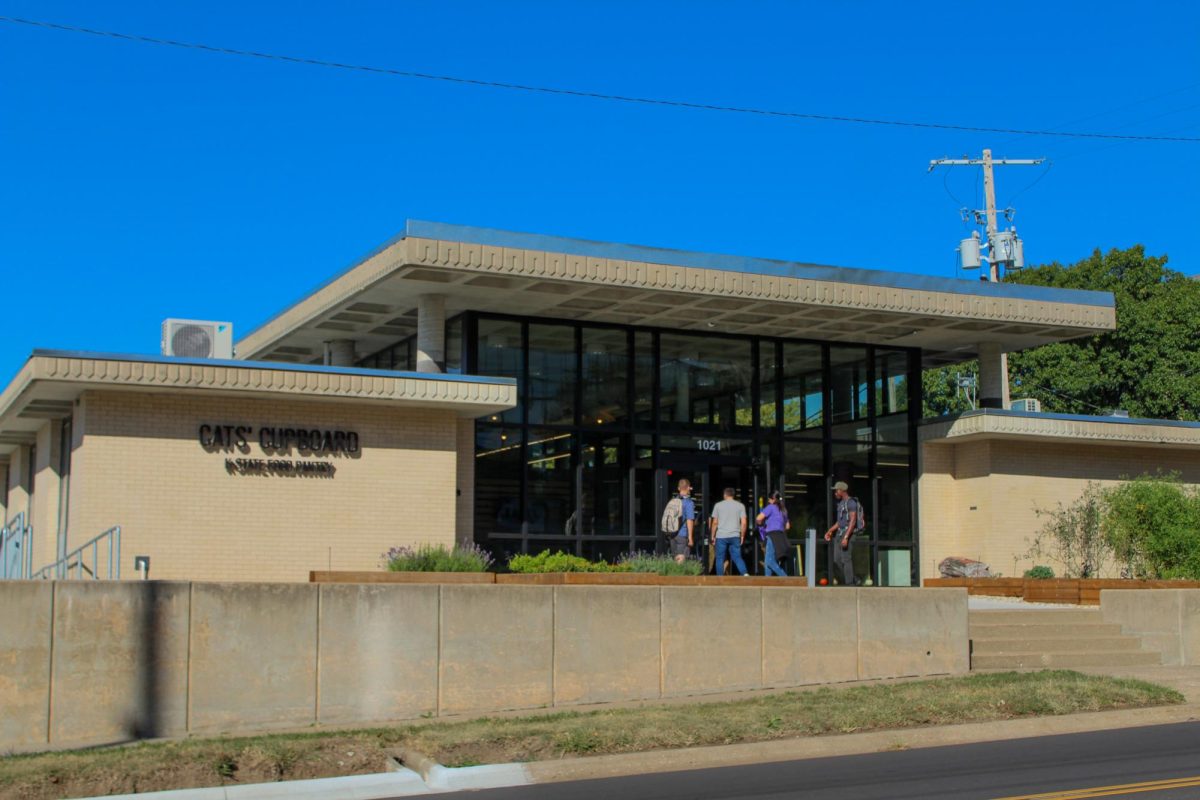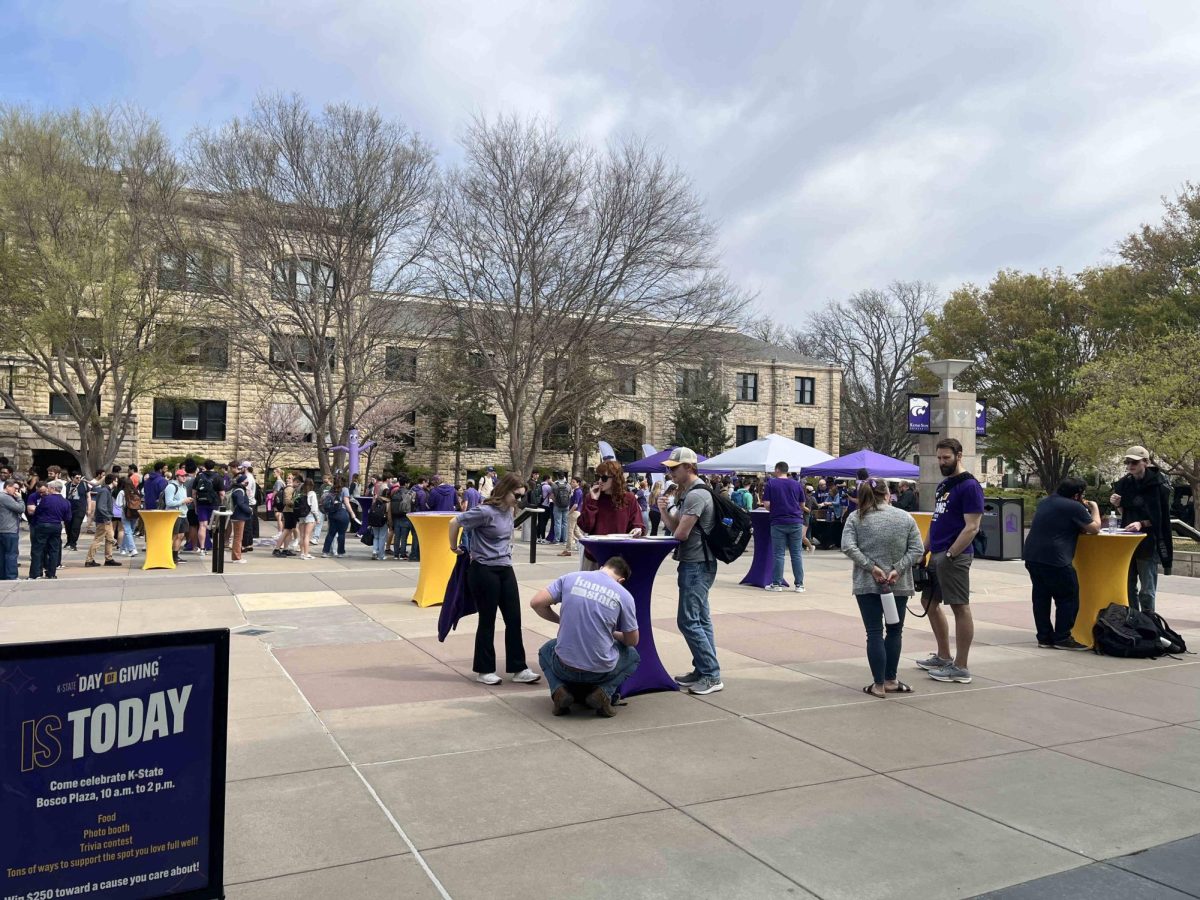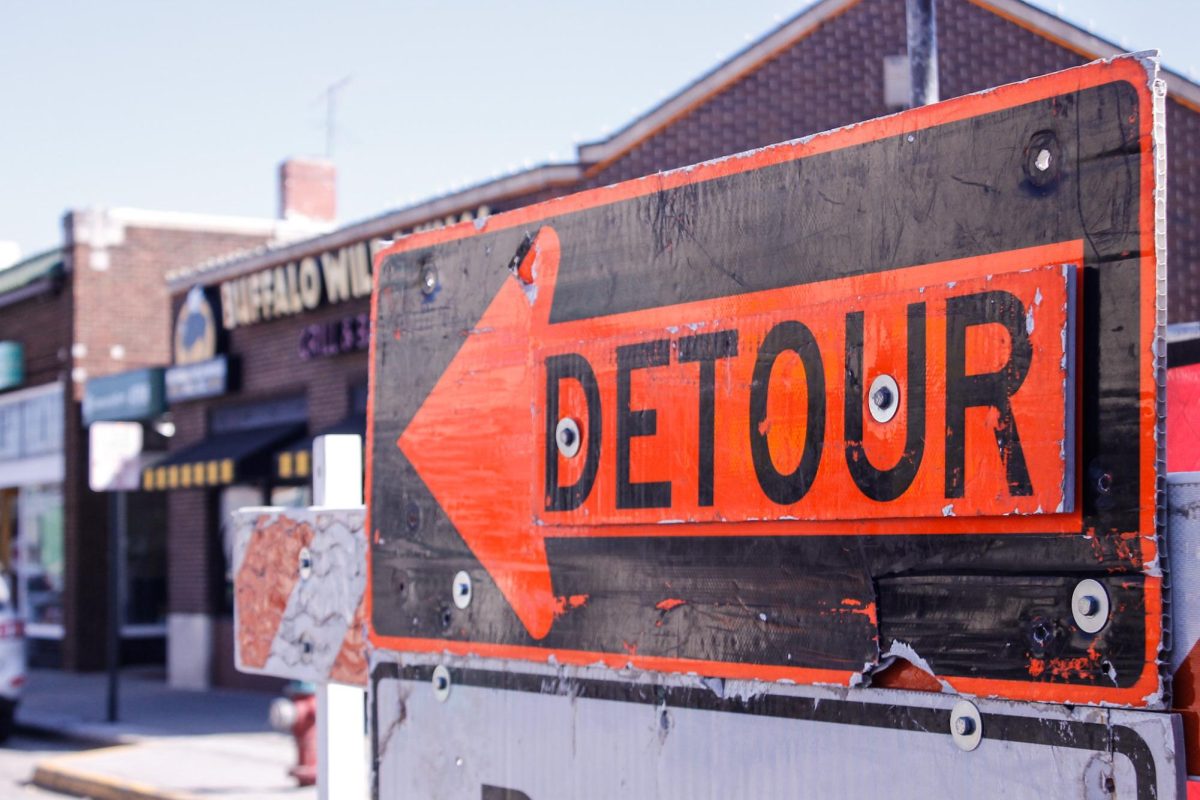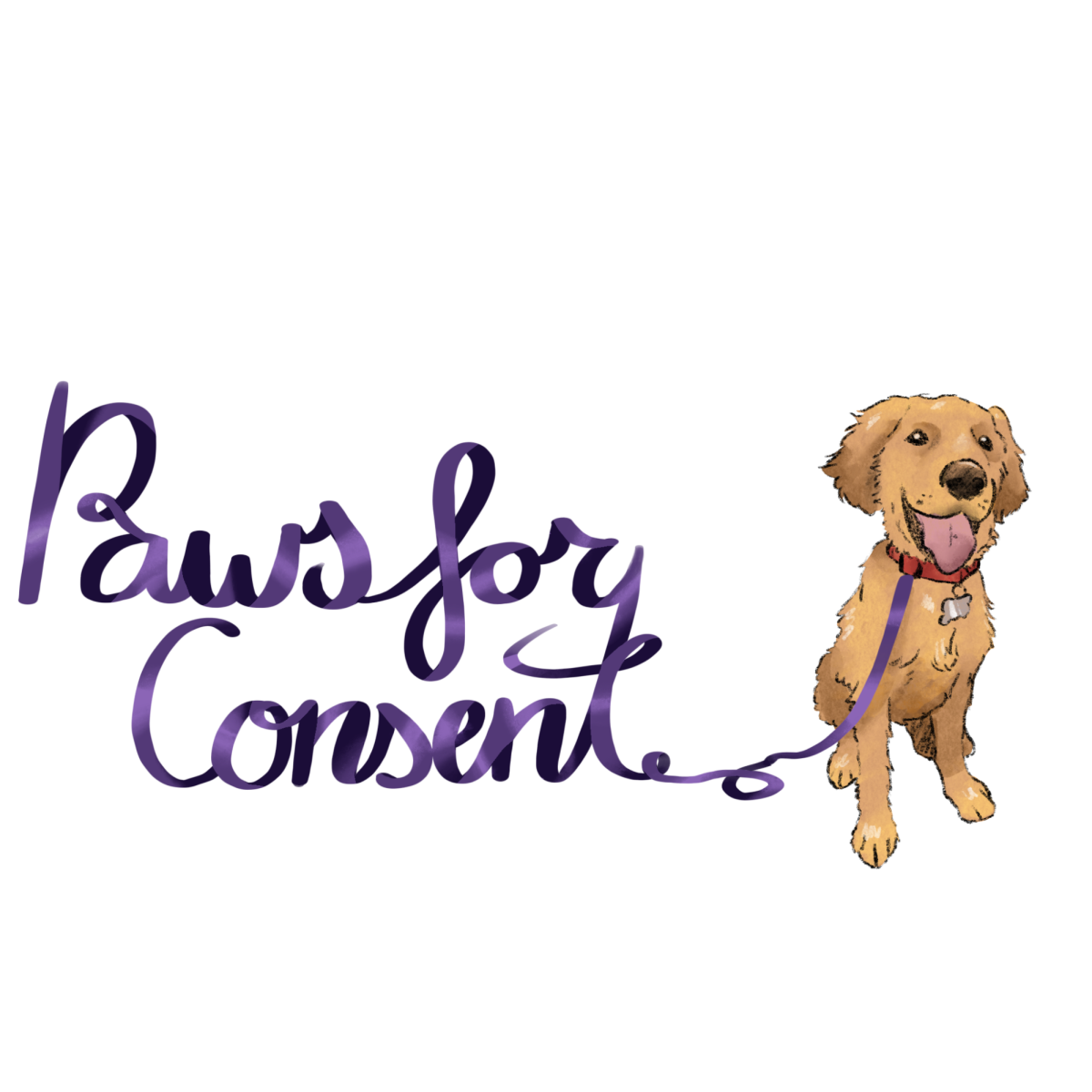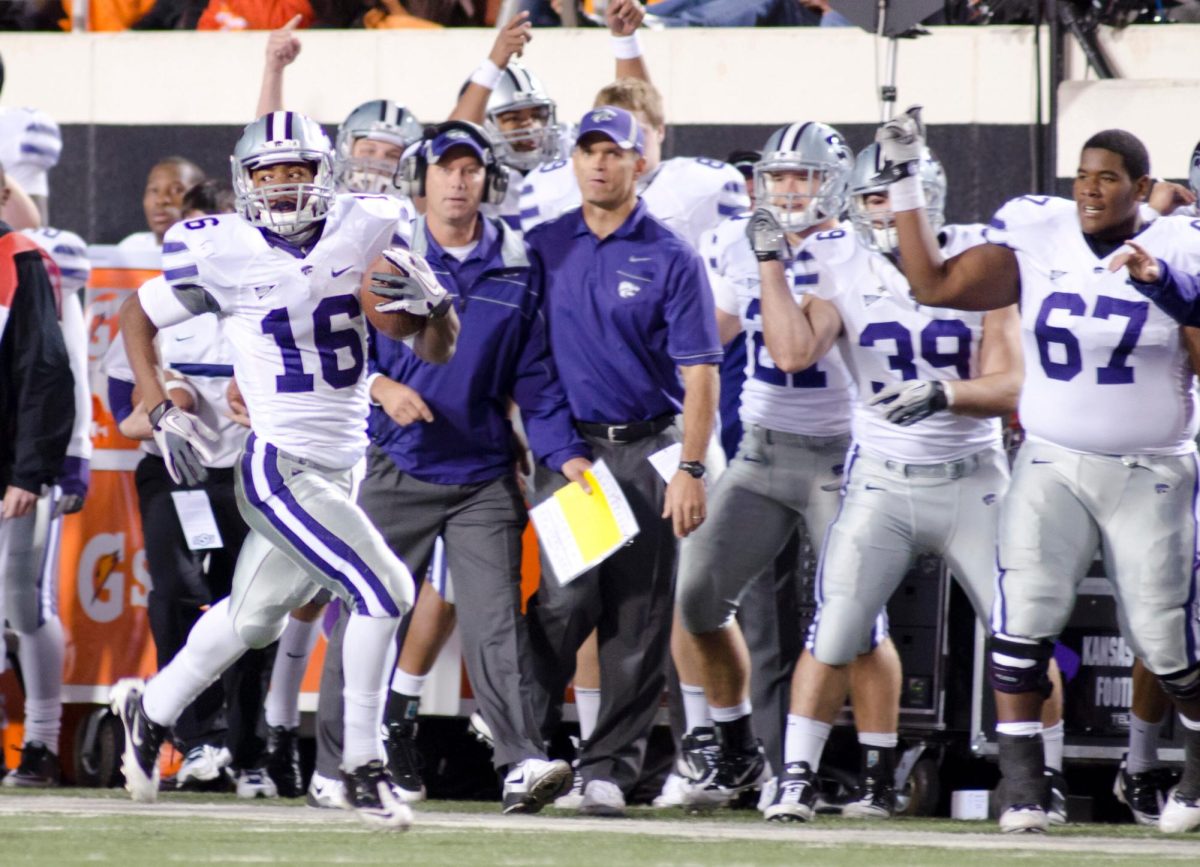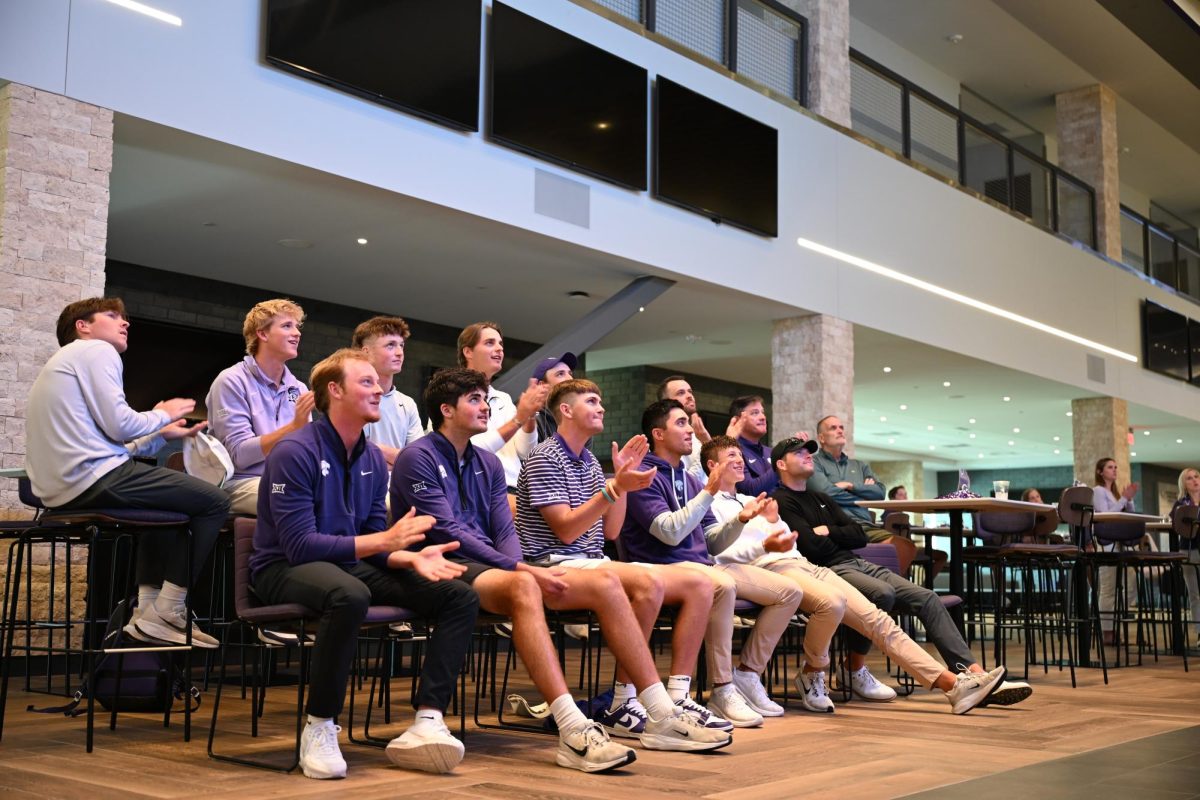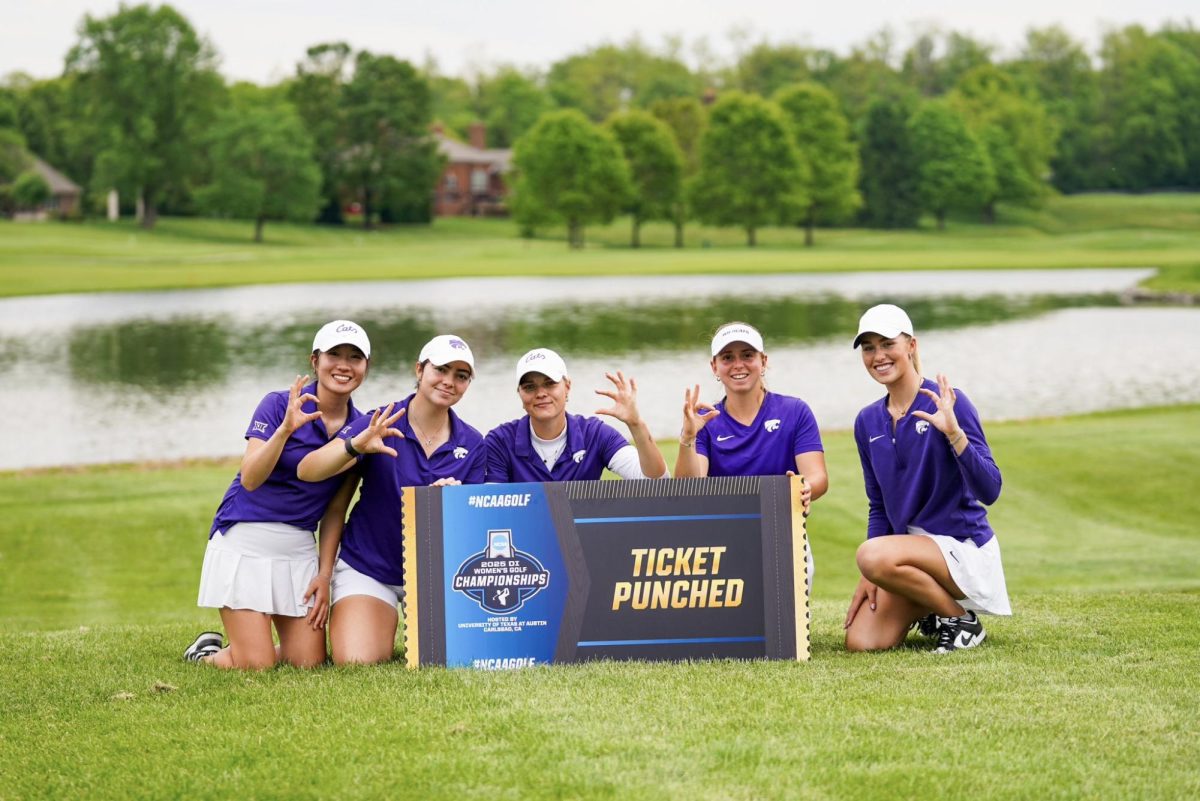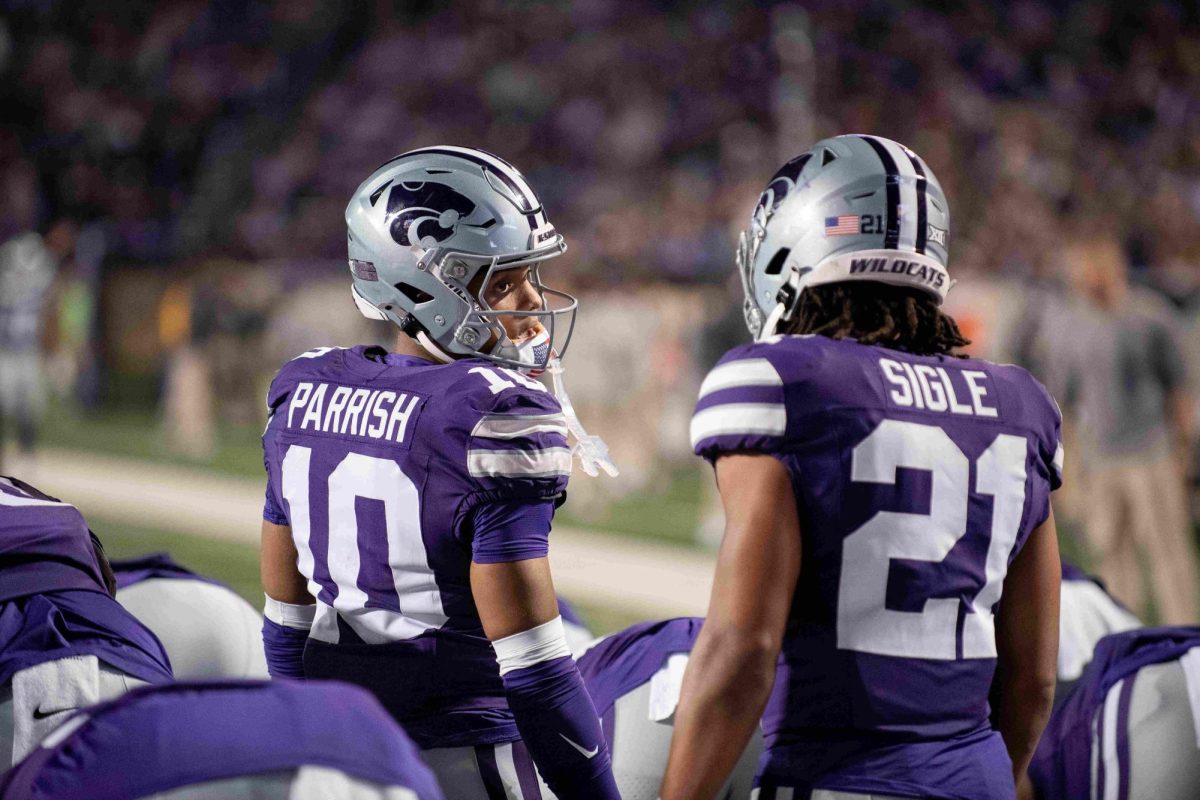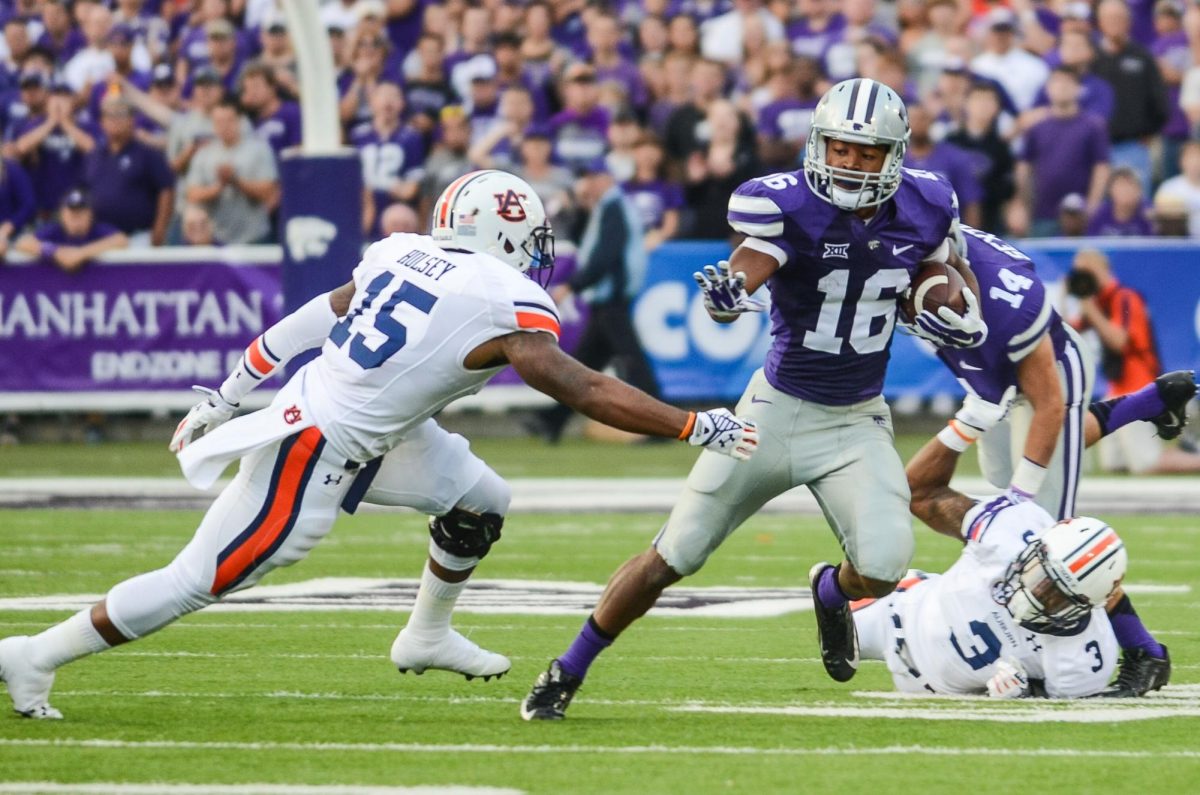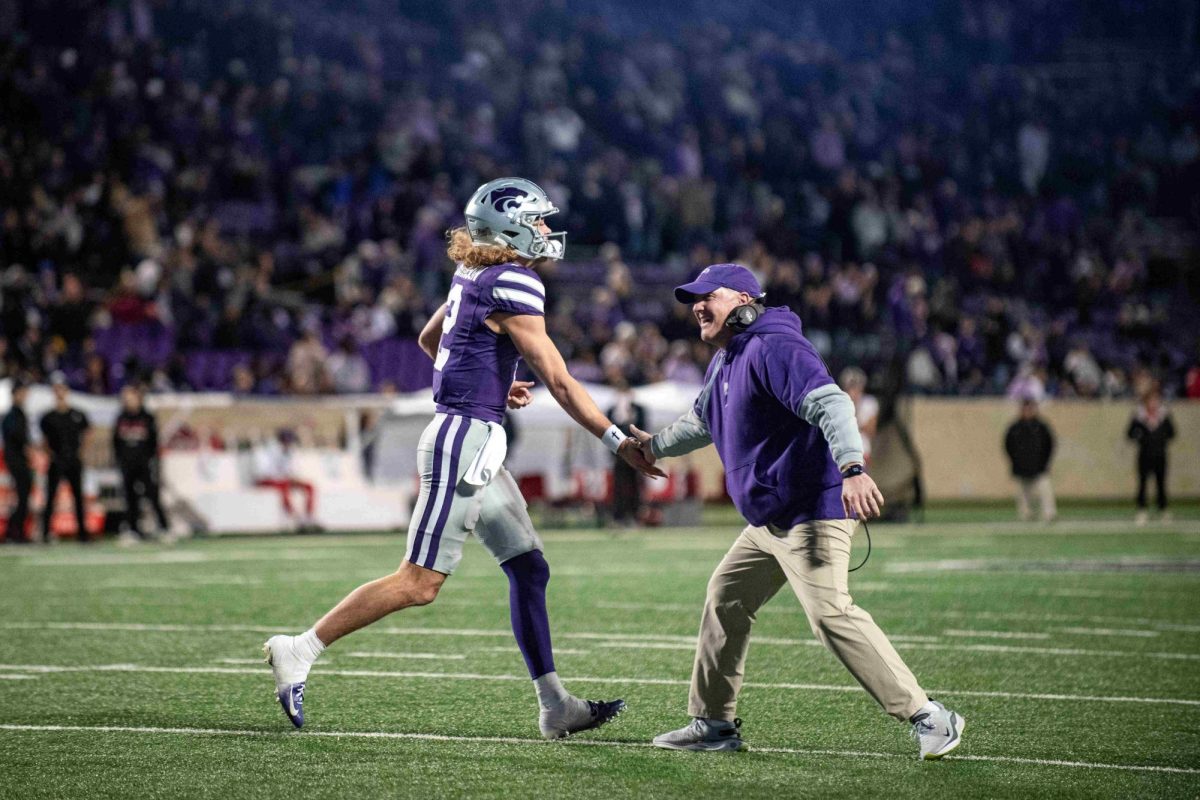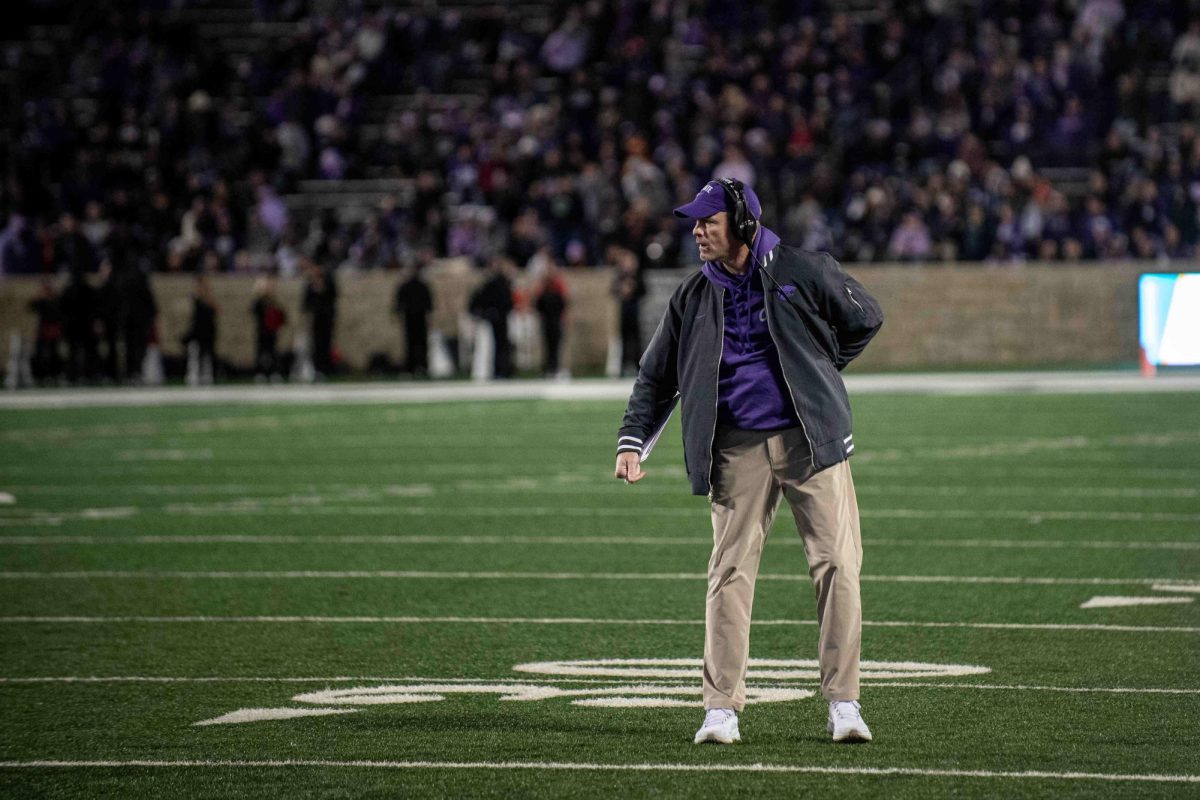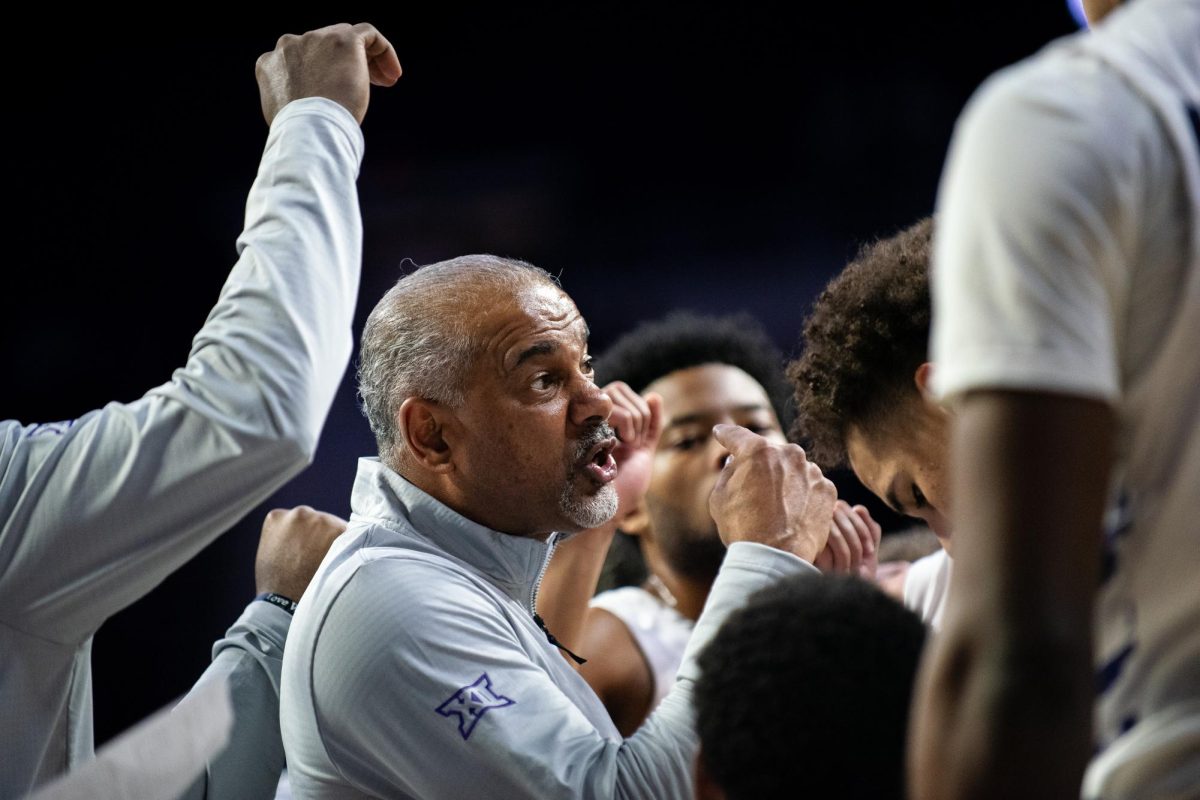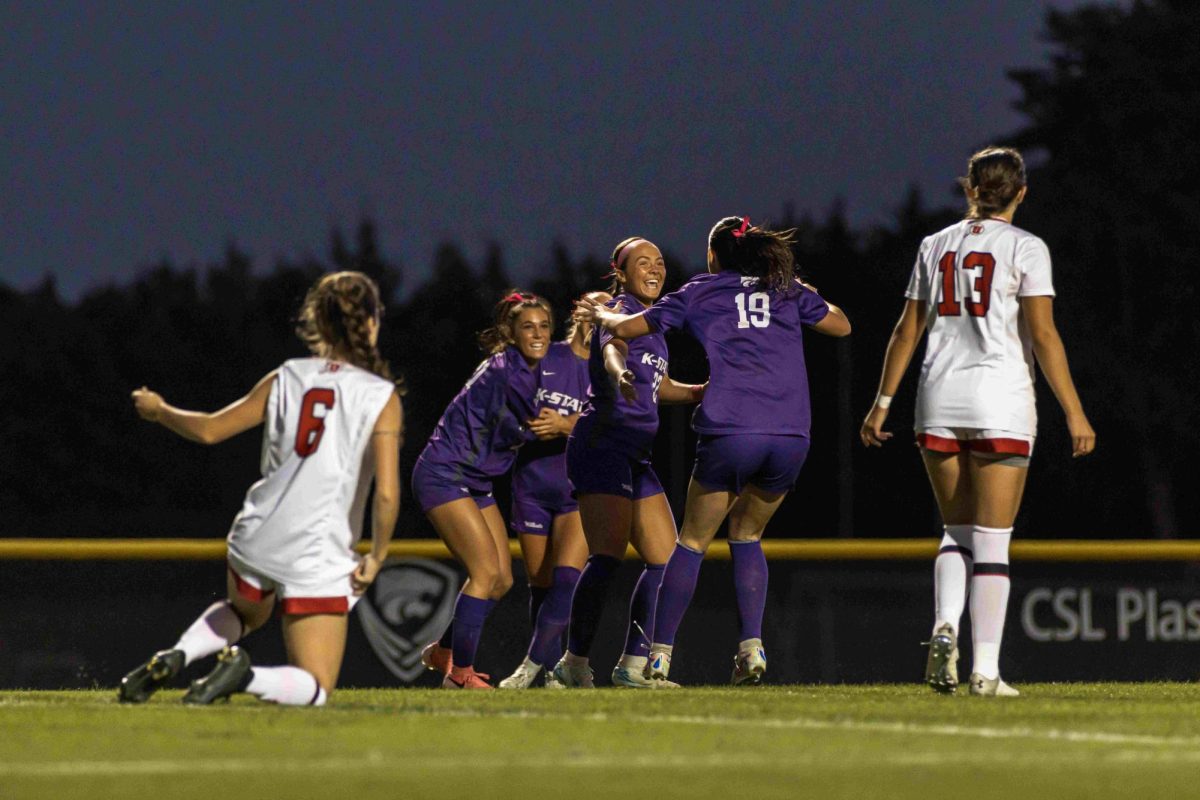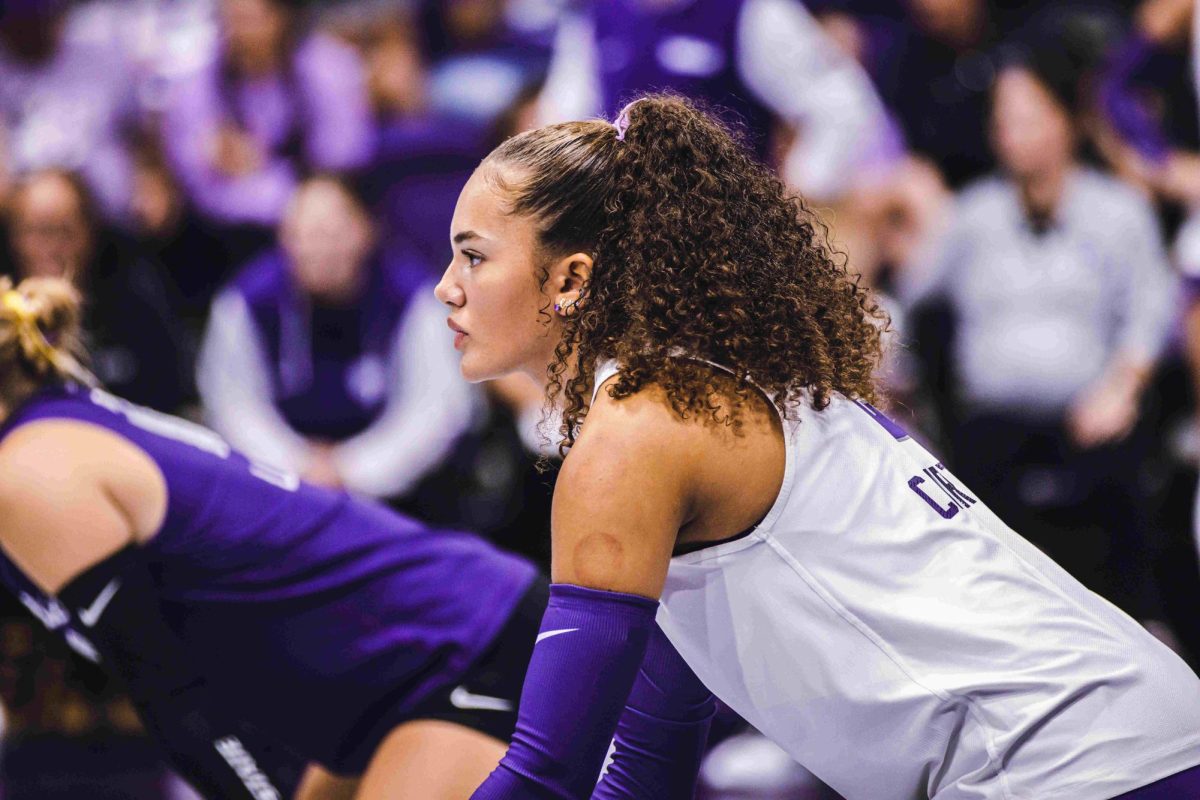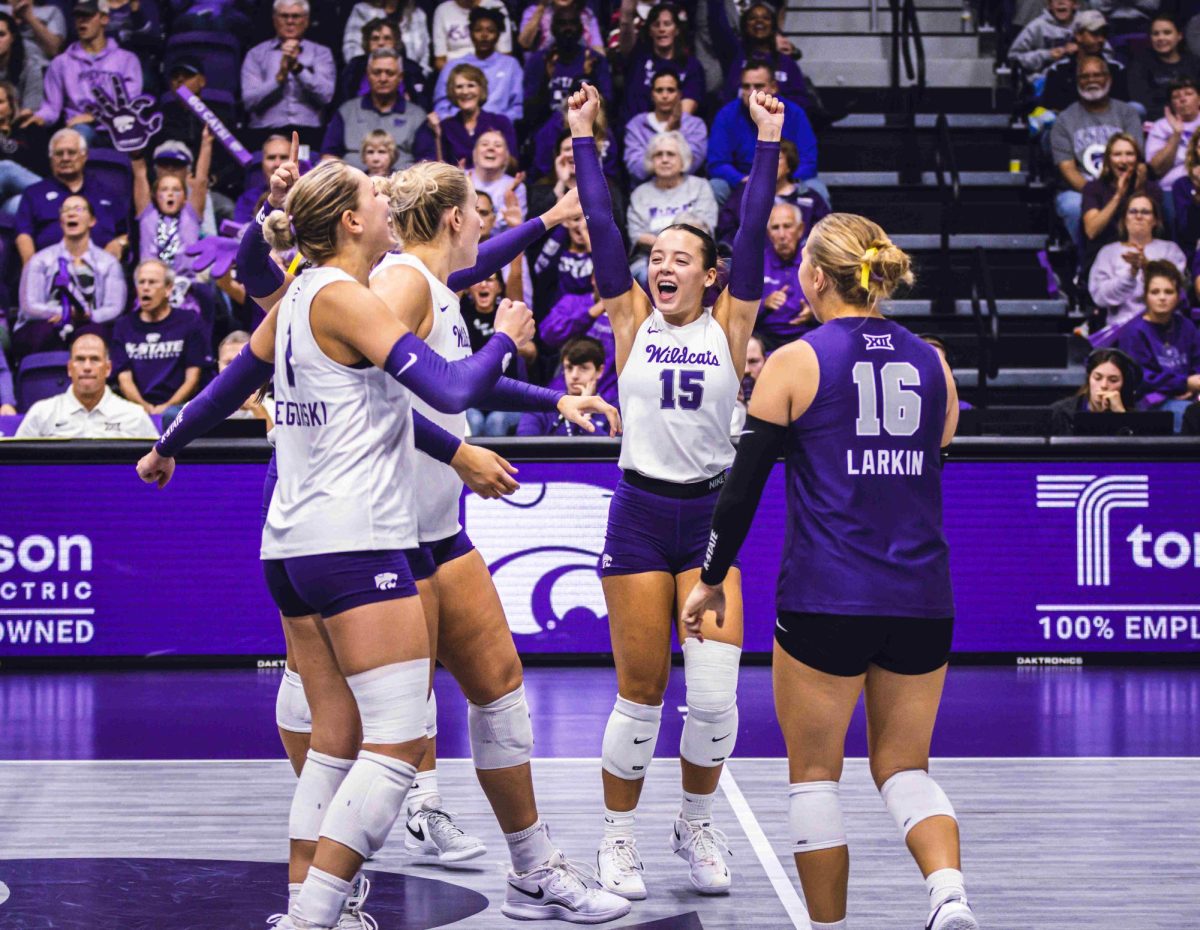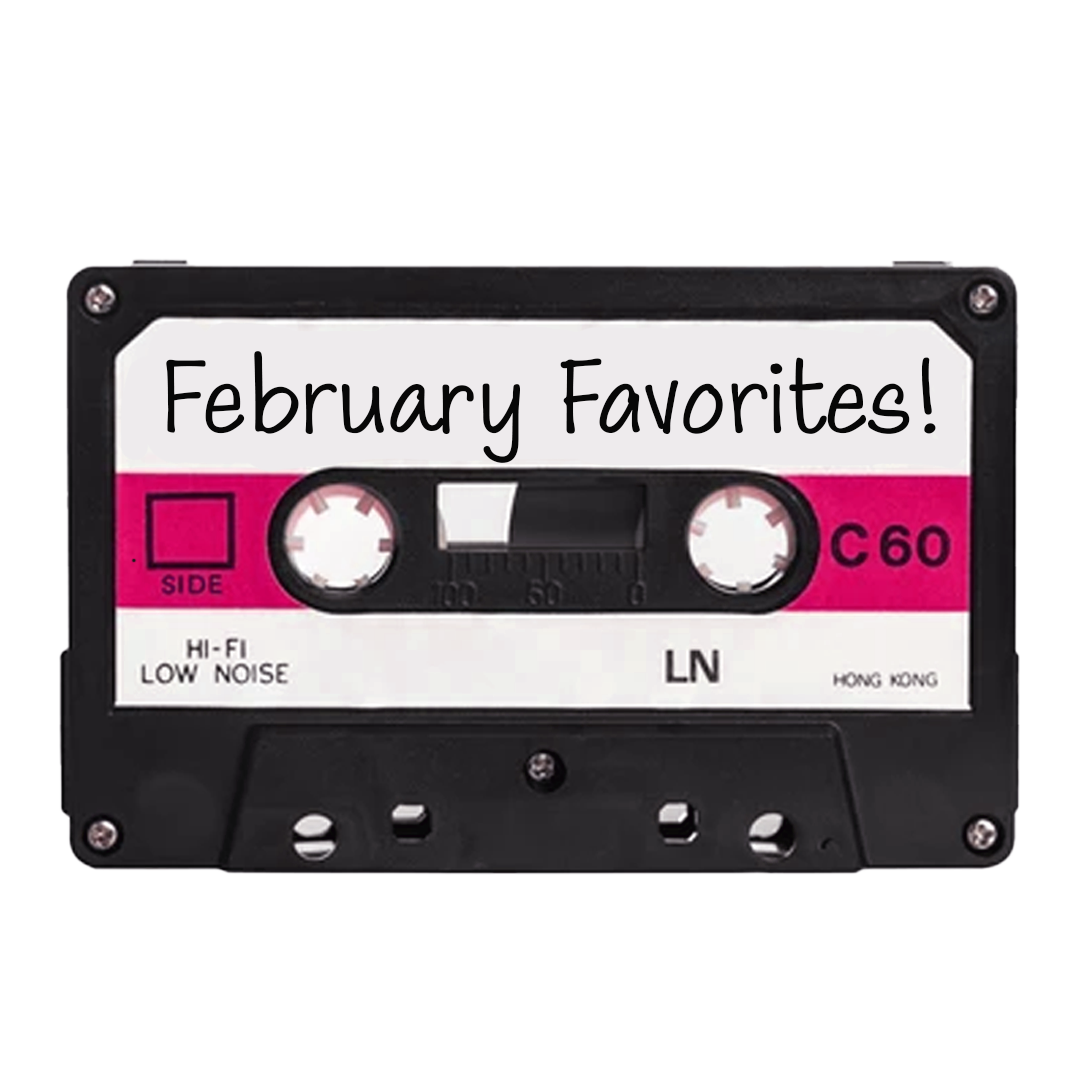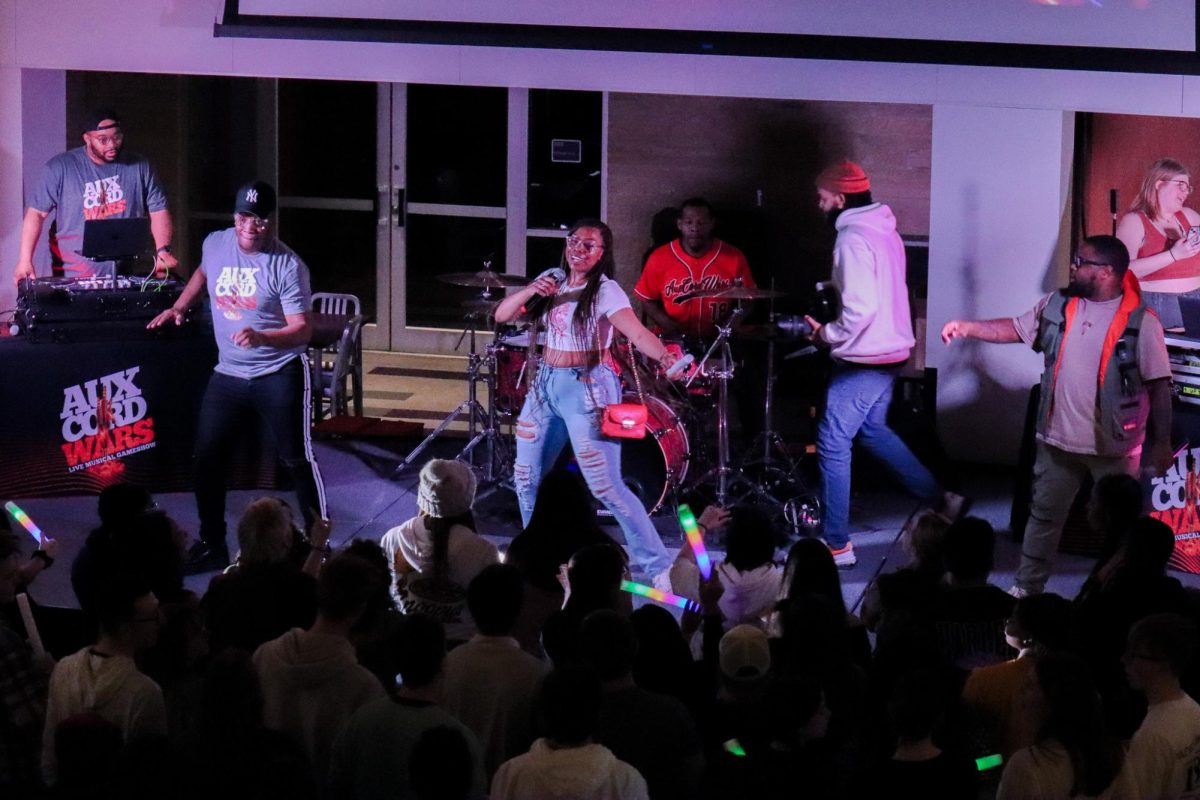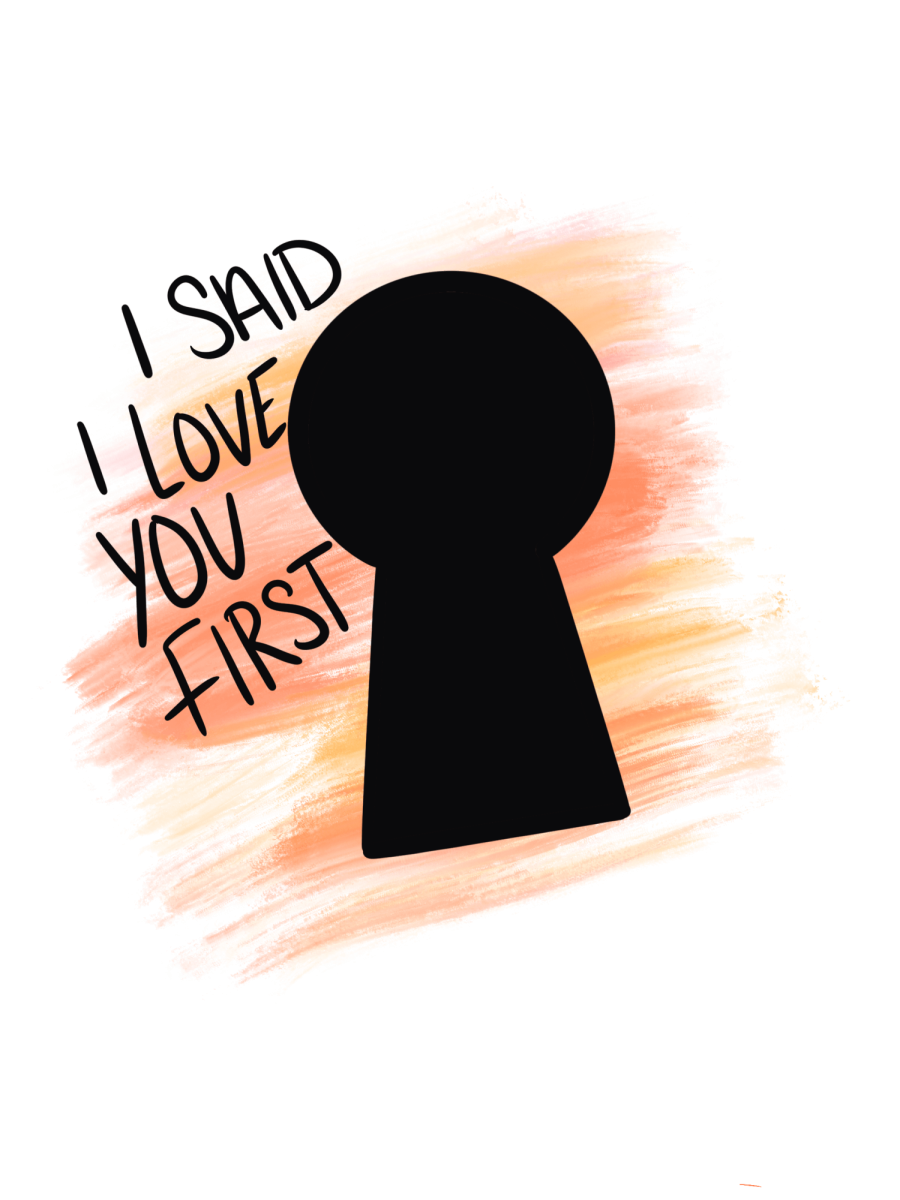Kaitlynn Faber | “The Kite Runner” by Khaled Hosseini
To say this book has broken my heart and whole-heartedly altered my perspectives on the world would be an understatement.
“The Kite Runner” tells the story of Amir and Hassan, two young best friends living in the capital of Afghanistan, Kabul, determined to win the year’s kite-flying tournament. Amir is desperate for his father’s approval and sees the kite-flying tournament as his last chance to gain it, but everything changes when war breaks out and terrorizes their lives.
With love and loss, betrayal and sacrifice, “The Kite Runner” is a powerfully rich story of tragedy and redemption with a beating heart, poetically impacting readers throughout the story and after it ends. It’s offered me a door into a world very different from my own and a window into the realities that many survivors of war have faced.
My favorite line is when Amir’s father, Baba, complains to a friend about how Amir is different from him, and the friend responds with a powerful line that should be re-read by those who have banned this book: “Children aren’t coloring books. You don’t get to fill them with your favorite colors.”
Meredith McCalmon | “The Glass Castle” by Jeannette Walls
“The Glass Castle,” a memoir by Jeannette Walls, tells the story of a dysfunctional family led by an alcoholic father on the run from bill collectors. Jeannette moved around so often as a child that she struggled to define home, but she held on to a tale painted by her father that he would build her a glass castle one day. This memoir inspires readers and tells a story of strength and perseverance, discussing themes like abuse, addiction and sexuality and providing representation for children who face similar things. It taught me to be grateful for what I have, while moving me to believe in myself no matter what I was thrown into. Kids deserve to know the stories of those who persisted through what seemed impossible, and Jeannette Walls’ “The Glass Castle” is no exception.
Libby Zuck | “The Perks of Being a Wallflower” by Stephen Chbosky
“The Perks of Being a Wallflower,” a New York Times bestseller, is a coming-of-age fictional novel by Stephen Chbosky following an incoming high school freshman, Charlie, who experienced a traumatic childhood and is apprehensive about opening up to new friends at a new school. The novel showcases the unconventional journey Charlie embarks on during his freshman year after befriending a group of seniors and experiencing an entirely new lifestyle. This book contains themes of sexuality, rape, substance use and suicide, which unfortuantely caused the novel to be banned in some schools.
Kyra Case | “On Earth We’re Briefly Gorgeous” by Ocean Vuong
Ocean Vuong’s debut novel, “On Earth We’re Briefly Gorgeous,” is written as a letter from the protagonist, Little Dog, to his illiterate mother. Drawing from the author’s own life, the story reflects Little Dog’s experiences growing up as a Vietnamese immigrant in Connecticut. It delves into his family’s struggles with assimilation, shaped by the trauma of the Vietnam War, addiction, illness, loss and racism. The novel also explores the abuse Little Dog endures at the hands of his mother and how his identity — particularly his race and sexuality — impacts his life. The book faced bans in schools in both the U.S. and Vietnam because of its explicit content, strong language and treatment of controversial issues.
Emma Lazarczyk | “The Fault in Our Stars” by John Green
“The Fault in Our Stars,” a young adult novel which was adapted into a movie, follows the love story of two teen cancer patients: Hazel Grace and Augustus. Both struggling with the reality and isolation of their conditions, the two meet in a support group. The coming-of-age story shares the love, laughter and of the characters over their time together. Due to the story covering explicit content, the book was banned in Riverside Unified School district; however, efforts have been made to reverse this ban.



